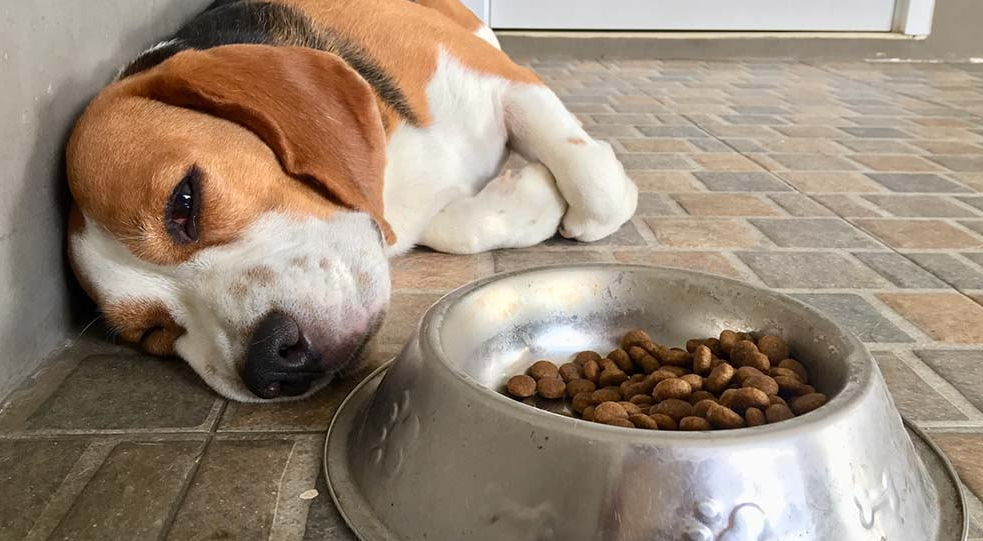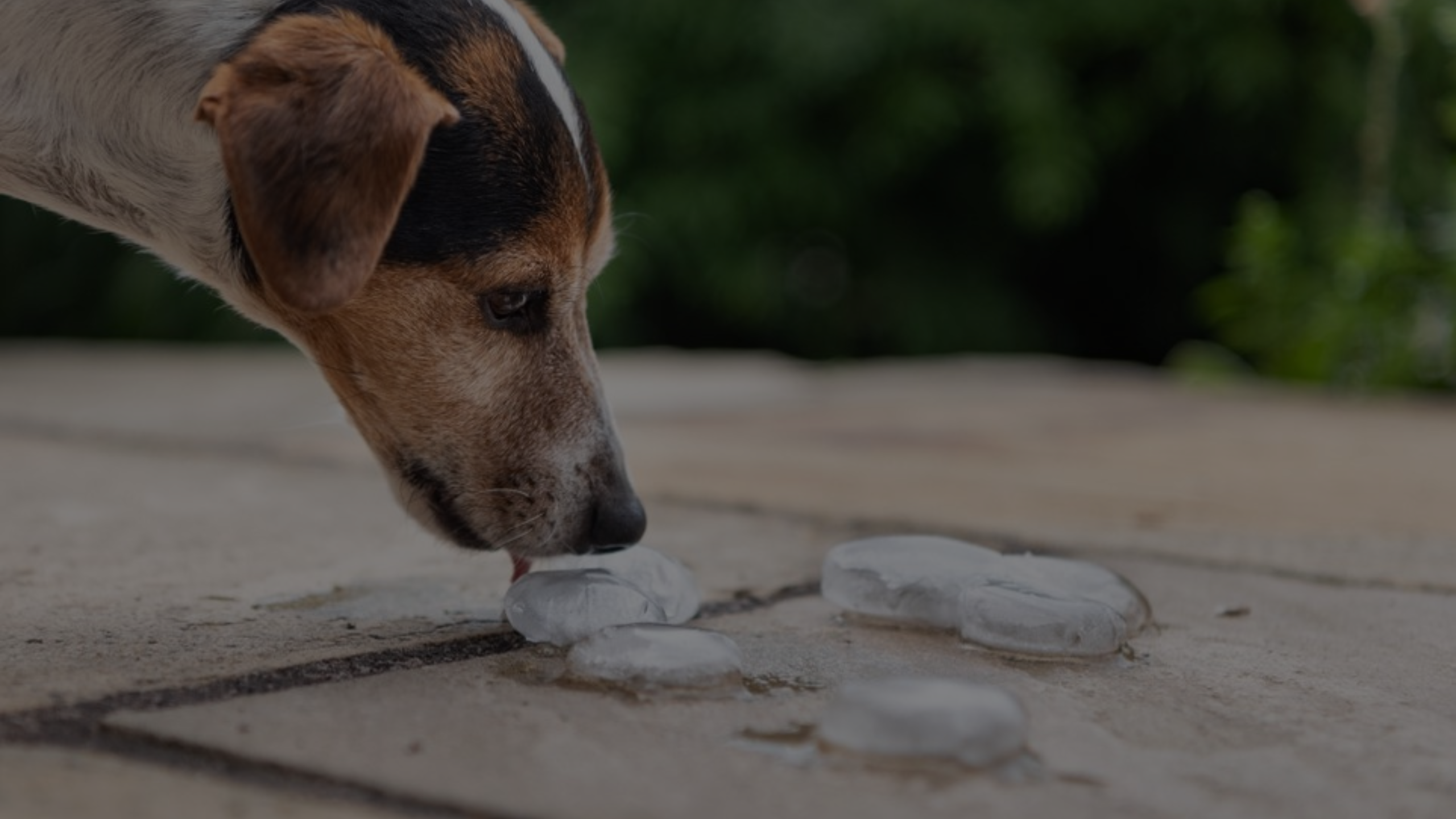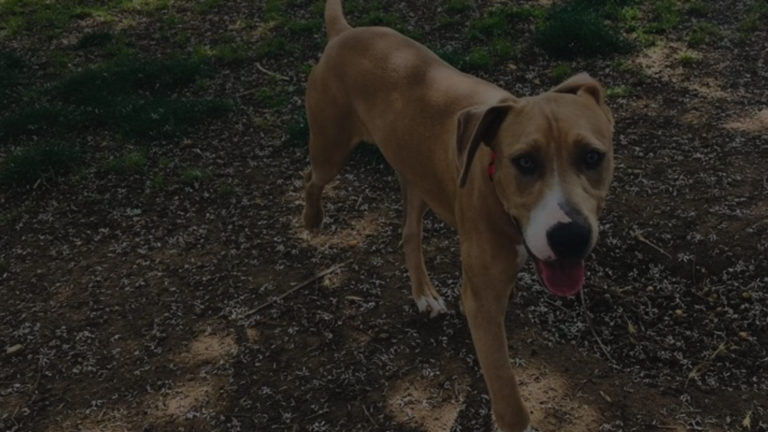Has your furry friend been suffering from an upset stomach, vomiting, or indigestion? You might be tempted to reach for your antacid remedy, like Mylanta, to soothe their discomfort. But before you do, hold on! While Mylanta may be safe for humans, it’s not always the right choice for your dog. So, now the first question that arises in your mind is: Can I give my dog Mylanta? Let’s delve into the details of canine digestive issues and explore safer alternatives to soothe your pup’s belly woes.
Why Dogs Get Upset Stomachs
Several factors can trigger digestive problems in dogs, including:
- Dietary indiscretion: Eating something they shouldn’t, like human food, spoiled scraps, or toxic plants.
- Changes in diet: Introducing a new food too quickly can disrupt their gut flora.
- Parasites: Internal parasites like worms can irritate the digestive tract.
- Infections: Viral or bacterial infections can cause vomiting, diarrhea, and other symptoms.
- Underlying medical conditions: Allergies, inflammatory bowel disease, and even stress can affect digestion.

Can I Give My Dog Mylanta?
The short answer is: not without consulting your veterinarian first. While Mylanta may seem like a harmless solution, it can pose risks to your dog’s health:
- Aluminum toxicity: Mylanta contains aluminum hydroxide, which can be toxic to dogs in high doses, leading to muscle weakness, bone problems, and even seizures.
- Xylitol poisoning: Some Mylanta formulations contain xylitol, an artificial sweetener highly toxic to dogs, causing hypoglycemia, liver damage, and even death.
- Masking underlying issues: Using Mylanta can mask serious medical conditions that require proper diagnosis and treatment.
Safer Alternatives for Soothing Your Dog’s Upset Stomach
If your dog exhibits signs of an upset stomach, here are safer alternatives to consider:
- Withhold food and water for a few hours: This allows their digestive system to rest and recover.
- Offer small amounts of clear liquids: Water, diluted chicken broth, or Pedialyte can help prevent dehydration.
- Bland diet: After a few hours, offer a bland, easily digestible meal like boiled chicken and rice.
- Probiotics: These friendly bacteria can help restore gut balance and promote healthy digestion.

When to Seek Veterinary Attention
It’s crucial to seek veterinary attention promptly if your dog experiences:
- Persistent vomiting or diarrhea (especially with blood)
- Loss of appetite or lethargy
- Abdominal pain or bloating
- Fever
- Dehydration
How Much Cyclobenzaprine Can I Give My Dog
These symptoms could indicate a more serious underlying issue requiring professional diagnosis and treatment.

Remember: Your veterinarian is the best source of advice for your dog’s specific needs. They can assess the cause of their upset stomach, recommend appropriate treatment, and ensure their safety and well-being.
Additional Tips for Preventing Upset Tummies in Dogs
- Stick to high-quality dog food: Consistent, balanced nutrition is crucial for gut health.
- Introduce new foods gradually: Avoid sudden dietary changes to prevent digestive upset.
- Regular deworming and parasite prevention: Protect your dog from internal parasites that can disrupt digestion.
- Manage stress: Dogs can experience stress-induced digestive issues, so provide a calm and predictable environment.
- Regular veterinary checkups: Preventive care helps identify and address potential health problems early on.

By understanding the risks of Mylanta for dogs and choosing safer alternatives, you can effectively soothe their upset stomachs and ensure their overall well-being. Remember, your veterinarian is your trusted partner in safeguarding your furry friend’s health. Never hesitate to seek their guidance whenever your dog experiences digestive discomfort.
Resources & References
FAQs About Giving Your Dog Mylanta
What are the signs of an upset stomach in dogs?
Look out for vomiting, diarrhea (especially with blood), loss of appetite, lethargy, abdominal pain or bloating, fever, and dehydration. These symptoms require immediate veterinary attention.
What are some safe alternatives to Mylanta for dogs?
Withhold food and water for a few hours, offer clear liquids like diluted broth or Pedialyte, provide a bland diet like boiled chicken and rice after a few hours, and consider probiotics.
Why is Mylanta dangerous for dogs?
It can contain aluminum hydroxide, potentially leading to toxicity, and some formulations contain xylitol, which is highly toxic to dogs. Masking underlying issues is another concern.
Can I give my dog Pepto-Bismol instead?
Consult your vet first. While Pepto-Bismol is generally safer than Mylanta for dogs, it can still cause side effects and shouldn’t be used long-term or without veterinary guidance.
What if my dog accidentally ingested Mylanta?
Monitor them closely for any concerning symptoms and contact your vet immediately, especially if they ingested a large amount or have pre-existing health conditions.
How can I prevent my dog from getting an upset stomach?
Stick to high-quality dog food, introduce new foods gradually, practice regular deworming and parasite prevention, manage their stress, and schedule regular veterinary checkups.







